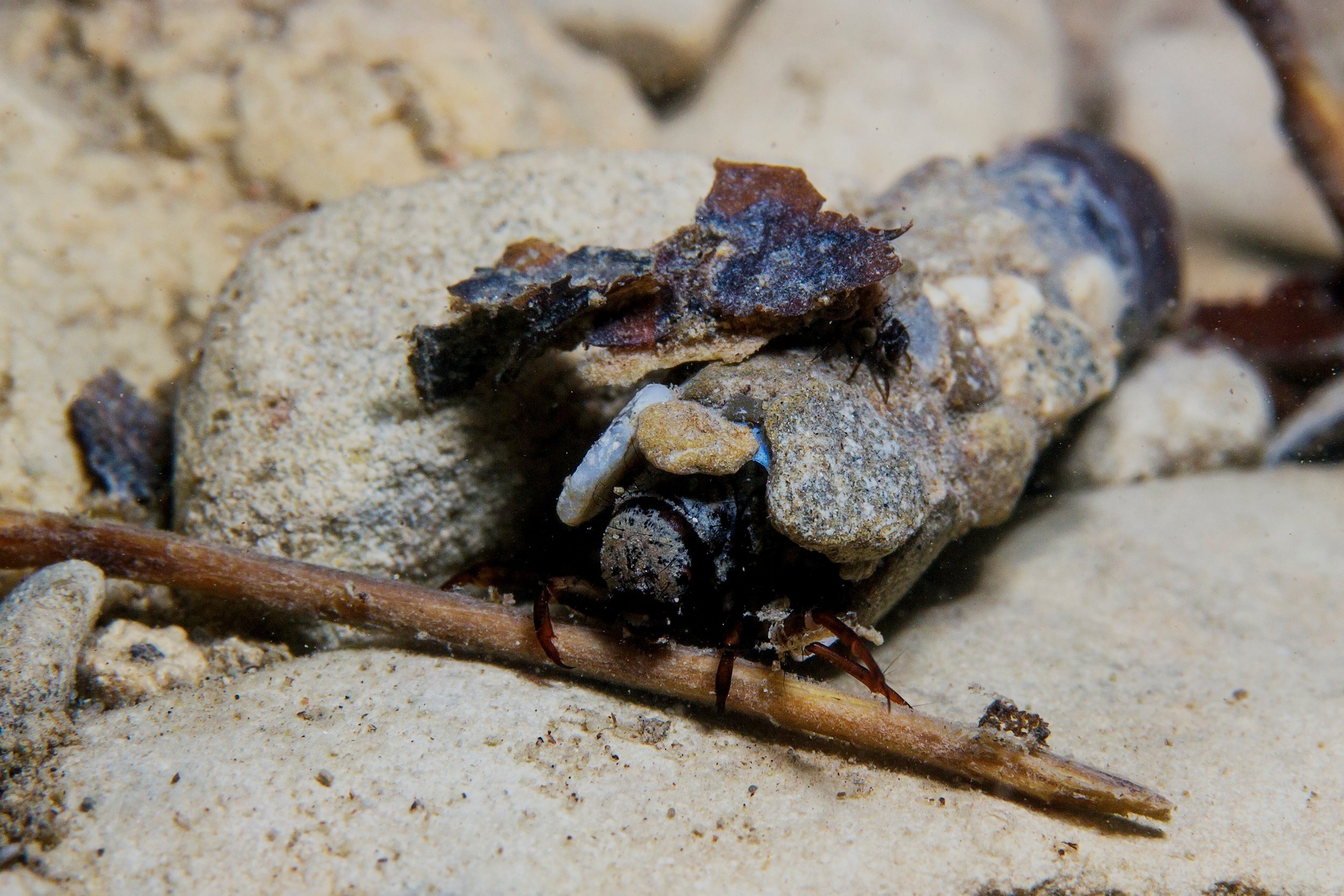
Set up a Riverfly Monitoring Group
Groups interested in joining the Riverfly Monitoring Initiative (RMI) must have a member who is prepared to act as a local coordinator (to serve as a contact point between the EA/SEPA/NRW/NIEA and the monitoring group) and have members attend an official RMI workshop. The workshop includes presentations, practical demonstrations and active participation. For more information please contact us at info@riverflies.org.
Training costs
For new groups, our accredited tutors can deliver one-day workshops to up to 12 participants. Equipment will need to be provided — this costs approximately £1000 for a group of 12, and funding must be raised locally in advance. Tutor and venue costs vary according to location and availability. As a rough guide for fundraising purposes, a fee of up to £1000 to cover tutor time and expenses is suggested. In practice, tutor fees (time, including prep/delivery/debrief/travel; travel expenses; accommodation, and subsistence) are kept to a minimum and charged on at cost in order to keep the total as low as possible. Click here for a guide to getting started with the Riverfly Partnership.
Click here for approved Riverfly kits which can be purchased from NHBS and include the following:
1 x 250mm professional hand net with 1mm mesh net bag (0.5m deep)
1 x large heavy-duty white tray
1 x nine-section divided tray
1 x large pipette
1 x 16 litre bucket with handle and lid
1 x plastic spoon
1 x paintbrush
1 x magnifier
Funding
Funding to establish and support an RMI group is often secured locally as part of a wider river-focused project (such as habitat improvement, fish passage, or other initiatives) because RMI fulfils many project requirements such as monitoring, citizen science, and public engagement.
Community groups in search of funding opportunities are encouraged to speak to their local RMI Hub coordinators. In the past, some groups have successfully applied to the Awards for All fund. More recently, some funding has been available through local Catchment Partnerships under the Catchment Based Approach (CaBA). Web-based fundraising platforms such as GoFundMe have also been used by RMI groups, and a quick web search for ‘funding for environmental projects’ also brings up a host of grant-finding sites that can point you in the right direction. A small selection are shown below.
Grants Online - Energy, Environment and Transport
Funding for All (Kent & Medway)
Tanyptera Grants - North West Invertebrates (North West England)
Header photo: © Rostislav / Adobe Stock


